"Blood is the color that mixes late September.
It tints the concrete of a late sunset mass."
In striking imagery, Robert Lashley's poem imagines a mysterious savior who offers healing to a broken urban neighborhood.
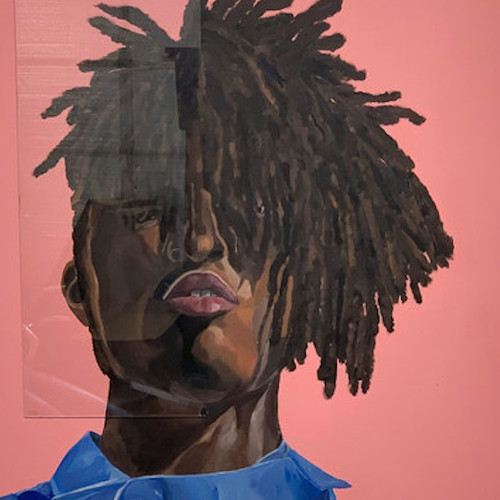

"Blood is the color that mixes late September.
It tints the concrete of a late sunset mass."
In striking imagery, Robert Lashley's poem imagines a mysterious savior who offers healing to a broken urban neighborhood.
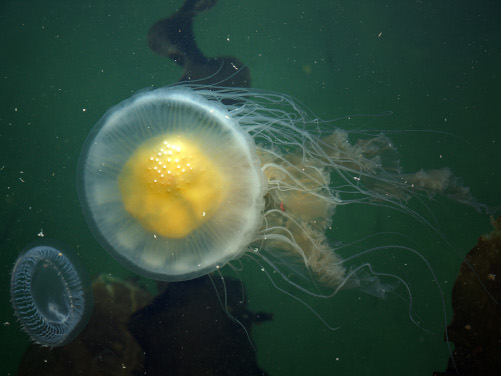
In these three poems by an award-winning BC poet and author of seventeen books, nature has a near-magical ability to transform and inspire wonder in those who pay close attention to it.
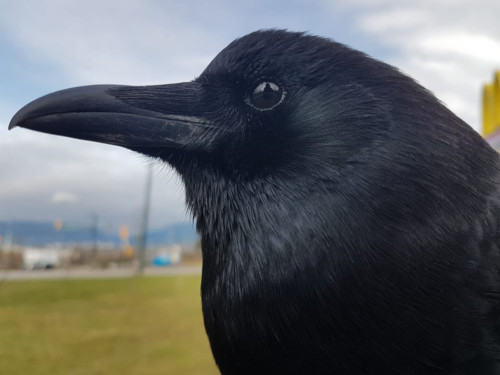
Two poems by Vancouver's Fiona Tinwei Lam explore human interactions with nature in Cascadia: observations on the endangered sunflower sea stars of the West Coast, and an ode to Canuck, Vancouver's most famous crow.
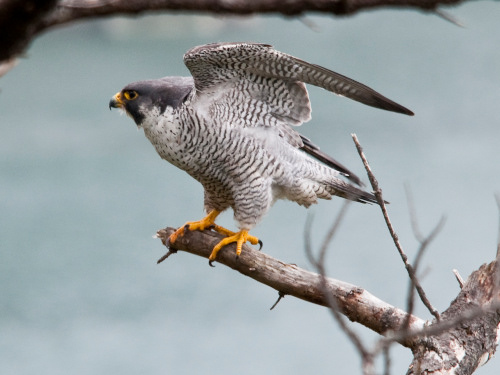
Two poems of human-wildlife interactions in the San Juan Islands by Samuel Green, a former Washington state poet laureate.
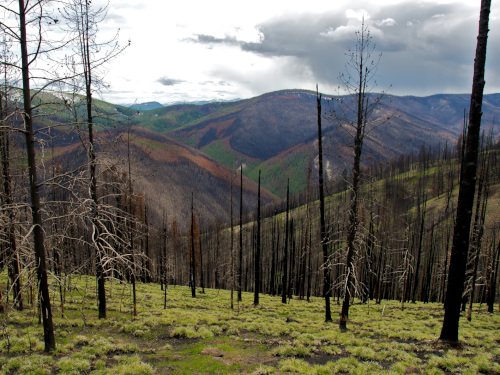
"we entered ancient forest: grand fir, mountain hemlock,
silver fir. On the forest floor we found the familiar:
wild ginger, twayblade, oak fern, bedstraw."
Seattle poet Martha Silano's poem explores regrowth in a forest touched by fires.
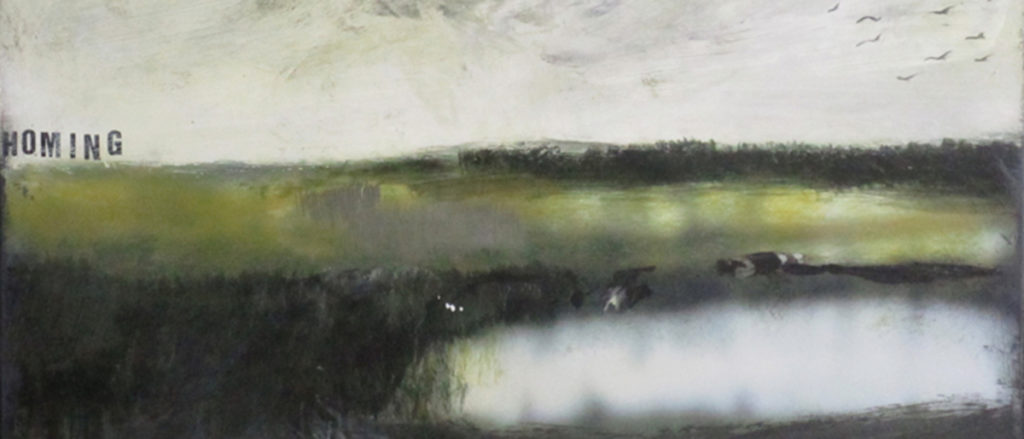
"the sky is a black sheep
bleating and I can’t even
see the wolf in the photo
you texted me"
Adèle Barclay's poem of love and letting go on Galiano Island.
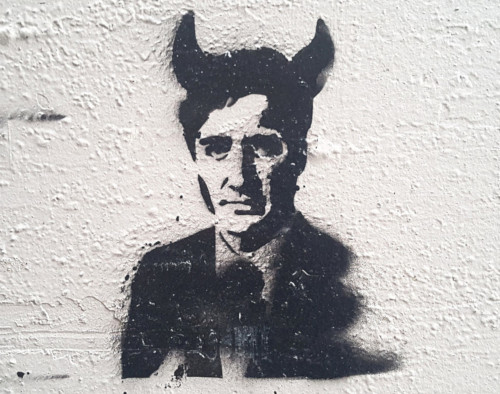
"No one noticed,/ not even him, the black speck/ at the corner of his smile./ It began to spread, creeping across his lips/ like an oil-bled kiss."
A poem from Rob Lewis about the pipeline-addicted prime minister.